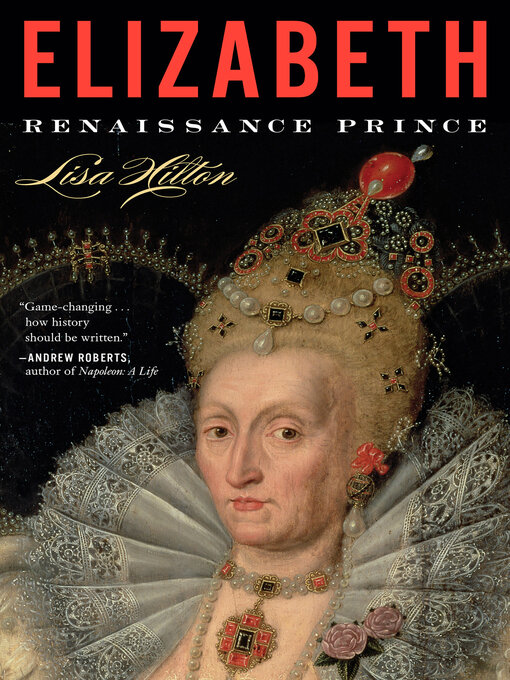- Available now
- New eBook additions
- New kids additions
- New teen additions
- Most popular
- Try something different
- Too hot to hold
- Your next great read
- See all ebooks collections
- Available now
- New audiobook additions
- New kids additions
- New teen additions
- Most popular
- Try something different
- See all audiobooks collections
- Just Added Magazines
- News & Politics
- Celebrity Magazines
- Entertainment
- Let's Get Cooking!
- Home & Garden
- Kids & Teens Magazines
- Health & Fitness Magazines
- Fashion Magazines
- Craft Time!
- Tech and Gaming
- Family and Parenting
- Travel and Outdoors
- See all magazines collections

